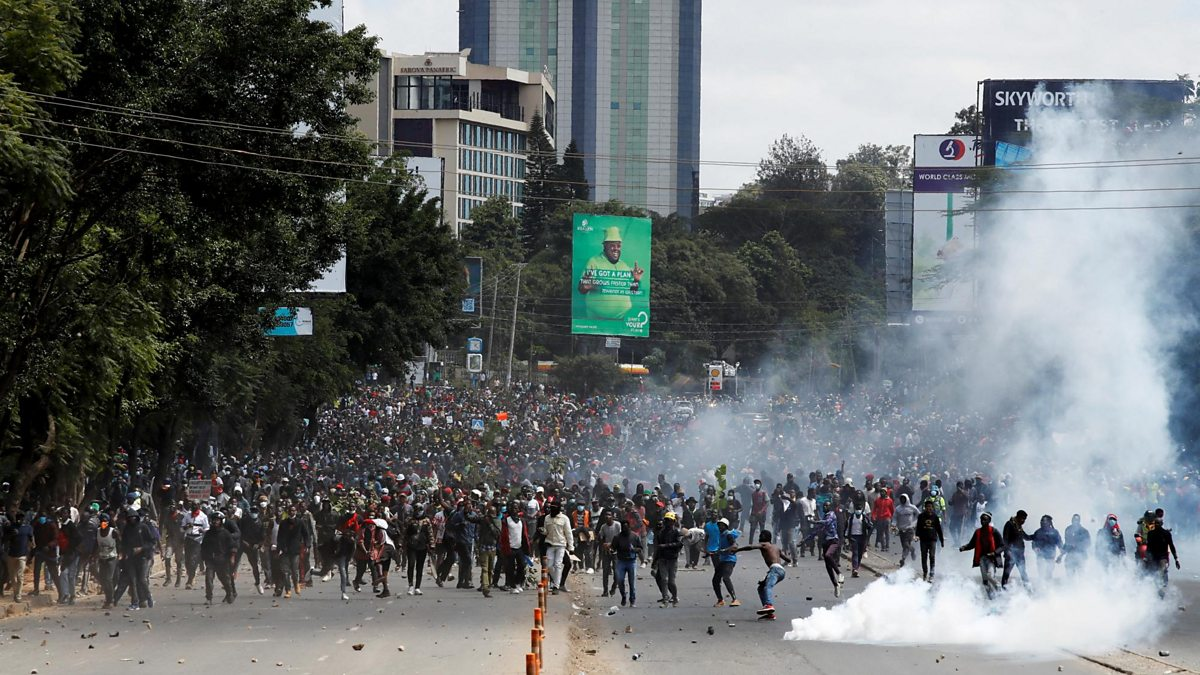As the United States nears its November 2024 election, political violence has surged, exemplifying the increasing tensions between political factions. In York, Pennsylvania, a 74-year-old man was assaulted at a rally supporting Vice President Kamala Harris, while another attendee was racially slurred by the attacker. In northern Michigan, an 81-year-old man putting up a Donald Trump yard sign was struck and injured by an all-terrain vehicle driven by an individual angered by Trump.
These incidents are part of a broader wave of violence in the U.S., with at least 300 cases identified since the January 6, 2021, Capitol attack, 51 of which occurred this year. Experts note that the U.S. is experiencing the largest rise in political violence since the 1970s. These attacks, which range from brawls over political signs to more severe confrontations, have led to two deaths this year—a victim during an assassination attempt on Trump and the shooter himself.
While the most publicized incidents include assassination attempts on Trump and shootings at a Democratic campaign office, Reuters uncovered many other violent acts linked to politically charged issues like election disputes, LGBTQ+ rights, and the Israeli-Palestinian conflict. A growing number of Americans now view violence as an inherent part of political life, according to Nealin Parker of Common Ground USA. Robert Pape, a political violence expert, warns that the upcoming election could ignite further violence in battleground states.
Donald Trump’s rhetoric has stoked this volatile atmosphere, with the former president refusing to rule out the possibility of post-election violence if he loses. Trump’s assertions that any electoral loss would be due to fraud only further inflame tensions. Meanwhile, the Harris campaign has remained silent on these recent violent acts.
July’s attempt on Trump’s life marked one of the most significant recent cases of political violence. The shooter, Thomas Crooks, was killed, and law enforcement heightened security for fear of retaliation. On the day of the attack, another anti-Trump extremist, Joshua Kemppainen from Michigan, went on a rampage, vandalizing vehicles displaying Trump support before injuring an elderly man by running him over with an ATV. Kemppainen later fatally shot himself, following a history of mental health struggles.
Other cases of violence have emerged nationwide. In Massachusetts, a pro-Israel demonstrator shot a pro-Palestinian critic during a rally, while a Michigan man attacked a postal worker delivering pro-Harris campaign material. In North Carolina, a group of white men fired BB guns at Black teenagers after asking if they supported Trump.
The persistence of these incidents underscores the increasing polarization of American politics. As political extremism continues to grow, law enforcement and researchers alike warn of further violence as the election approaches, with citizens divided more deeply than ever before.


















